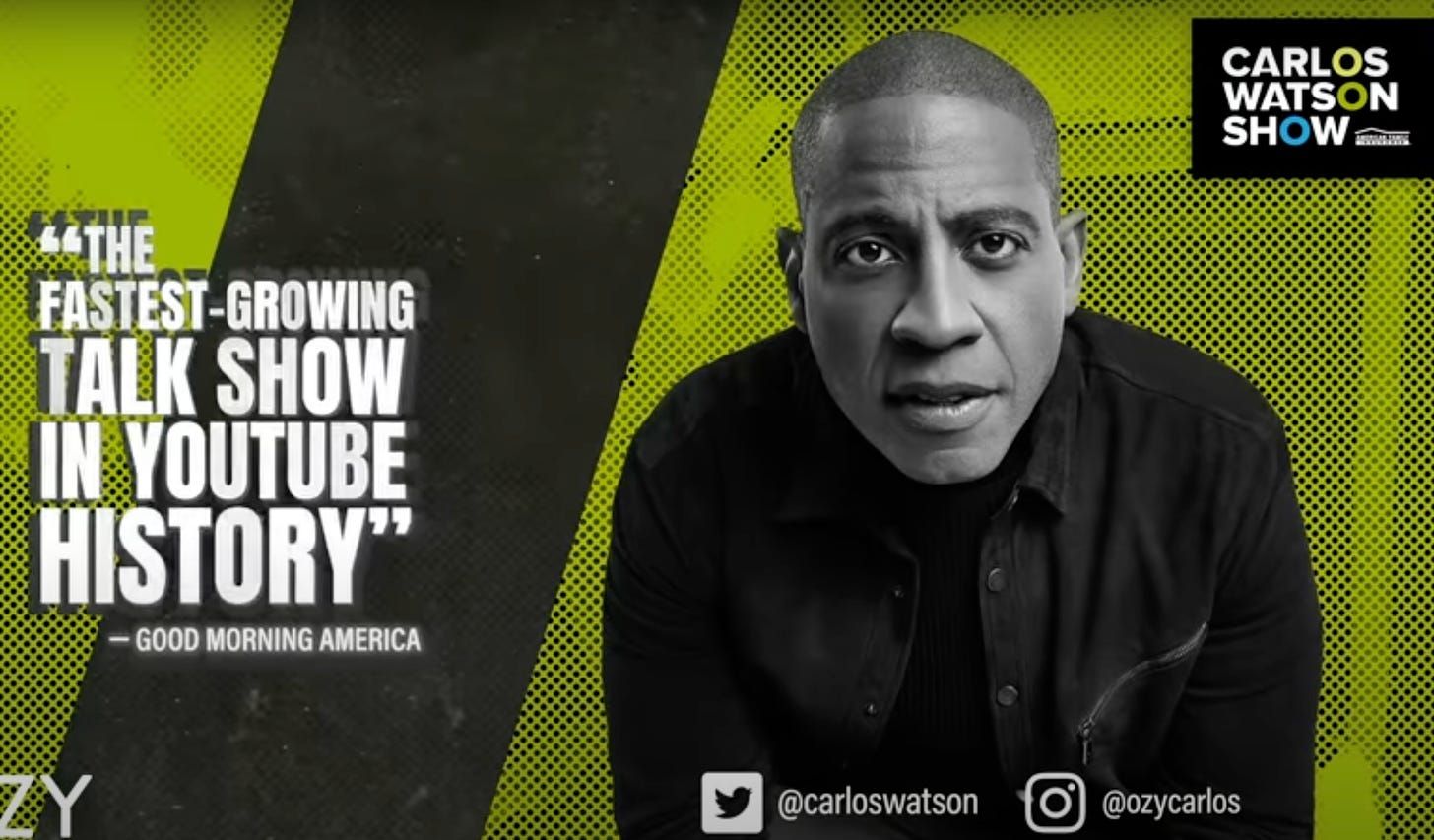The collapse of Ozy Media pulls back the curtain on the startup hustle

My name is Ozymandias, King of Kings;
Look on my Works, ye Mighty, and despair!
Nothing beside remains. Round the decay
Of that colossal Wreck, boundless and bare
The lone and level sands stretch far away.
—From Ozymandias by Percy Bysshe Shelley
It’s rare for a poem, especially one written in 1817, to make news. But Ozymandias, with whom you may have tangled in 11th grade English, is having his day. If you’ve not waded through Shelley’s sonnet, allow for a Spark Notes intrusion: It was supposedly inspired by the unearthing of a ruined statue of Egyptian pharaoh Ramesses II in Luxor. Ramesses (whom the Greeks called Ozymandias) cluttered his kingdom with monuments to himself, but time erased him. Shelley, a radical, used poetry to take a jab at arrogant empire builders and their silly ego trips.
This, as Twitter ironists have pointed out, makes Ozymandias an odd inspiration for the name of a digital startup billing itself as home of…the New and the Next. That didn’t deter the founders of Ozy Media, a content company most people hadn’t heard of until it made headlines last week for imploding. In the era of alternative facts, why let dreary reality muddle a snappy promotional deck? Shelley may have nattered on about decline in his poem, but as the Ozy team put it on their company site: We choose to read it differently.
Ah, that could be the motto of our age! Ozy, founded in 2013, raised more than $80 million from powerful investors, employed more than 70 people, and had a headquarters in Mountain View, Calif, Googletown, USA. It produced newsletters, podcasts, and events, including a meeting of the minds called Ozy-Fest. It even had something called “the Ozy Genius Awards.” The centerpiece of the operation was, and maybe still is, The Carlos Watson Show, a Youtube chat series starring the company’s camera-friendly CEO, interviewing luminaries such as Hillary Clinton, John Legend, Roxane Gay, and Dr. Anthony Fauci, “the game makers and change makers who are ahead of their time— and worthy of yours.” The program, which drew advertising from Chevrolet, Walmart, and Facebook. was touted as “the fastest-growing talk show in Youtube history,” with “Over 100 million viewers total,” among other things.
How did you miss all that world domination? Let’s concede that puffery is part of the startup game. You can’t have a Carlos Watson Show on any platform without a healthy belief in Carlos Watson, who is hyped as a successor to Larry King and Oprah Winfrey in his show’s promotional reel. It appears that many hardworking journalists were employed at Ozy, and these fine people now find themselves out of work. Still, the cynical might say the operation was more or less a hustle to put Watson, a former Goldman Sachs banker and familiar talking head on cable TV, in the company of celebrities and position him as a thought leader. The brand’s claims to being a player in digital journalism are a bit diaphanous. “I was confused as to how the show could be a success,” wrote former Ozy writer Eugene Robinson. “In a universe of Kimmels, Fallons, Eric Andre, Trevor Noah, Bill Maher for g-dssake, how were people even thinking choosing Watson made sense[?] But the billboards seem to attest to this.”
Those billboards, and bus ads, and most especially the numbers —all gave the impression Ozy was grabbing gargantuan audiences. That’s not especially shocking. Anybody who has been exposed to the flimflam in digital publishing knows that any challenge to inflated math can be met with a sly depends on how you slice it. Or: Those big numbers you are questioning? Well, they aren’t captured by Comscore (the data analytics firm that tracks such metrics for media companies).They are drawn from a diversity of platforms! As the Washington Post points out, buying traffic to inflate numbers (ostensibly until you establish a real audience) is an old and beloved con. It’s just that Ozy never seemed to find a real audience. They weren’t faking it until they made it so much as faking it.
As New York Times media columnist Ben Smith reported it, somewhere along the way, these pharaonic delusions lurched into alleged fraud: In a $40 million investment call with Goldman Sachs, Samir Rao, the company’s COO, impersonated Alex Piper, head of unscripted programming at Youtube Originals, and lied about user data for Ozy’s videos. Watson said his partner was in the throes of a mental health crisis, but Google, which owns Youtube, contacted the FBI. This was followed by more reports about misbehavior, including claims that Watson was running an abusive workplace. High profile resignations (veteran British journalist Katty Kay; board chairman and Milwaukee Bucks owner Mark Nasry) ensued. And because it’s an irresistible detail even if its a moldy one, we will mention that Sharon and Ozzy Osbourne once sued the company over the name Ozy-Fest, and that Sharon called Watson: “the biggest shyster I have ever seen in my life.”
On Oct. 1, Ozy’s board shuttered the company. But Watson, an indefatigable pitchman, wasn’t having it. On Oct 4., he was on The Today Show, insisting he was still in business, promoting his newsletters with a twinkle in his eye. “This is our Lazarus moment, if you will, this is our Tylenol moment,” he told Craig Melvin, comparing his brush with adversity to the poisoning deaths of 7 people in 1982. “Last week was traumatic, it was difficult, heartbreaking in many ways.”

So Ozy, whatever it is or was, lives on in the mind of Watson, who doesn’t lack for imagination. What’s more interesting is how it attracted so much money in the first place. It hoovered up gobs of the stuff, from folks like Laurene Powell Jobs, Lasry, former Google chief counsel David Drummond, Silicon Valley investor Michael Moe, and even the Ford Foundation. The Ozy pitch — a new kind of journalistic outfit, able to reach younger, diverse audiences where they live is not new, and it’s entirely worthy. The decline of the old legacy media giants leads many of us to assume that there must be a New and Next successor out there, liberated from the old humdrum constraints, waiting to be scaled to Everest heights. Presumably, part of Ozy’s pitch was that it would be yet another disrupter. It unlocked investment by hyping itself as a game changer; in the context of digital hucksterism this predictably translates to boasting about audience growth.
There are many media outfits already trying to do what Ozy promised. But Watson and Rao appealed to the investor class in particular ways. In the end, venture capitalists are seduced not by business plans but by stories—they are buying the visionary even more than the vision. It’s been repeatedly pointed out that Watson has a great personal story, because he has a truly great personal story. The son of Jamaican immigrants to Florida, he went on to Harvard and Stanford Law School. Rao is the son of Indian immigrants from the Detroit suburbs, and both men worked as Goldman bankers. These are very connected people, ticking a lot of establishment boxes, telling a reassuring story about the American Dream. They are about as inside as you can be and still be somewhat tenuously defined as outsiders.
You don’t need to work in media or startups to know this truism of American life: Nothing Succeeds Like the Illusion of Success. No matter what they were selling, the Ozy team vibed achievement in the right ways to the right people. Venture capitalists are not attracted to modest ambition. They don’t want to fund somebody’s dinky talk show. They want big plays, global scale, and naturally, they often buy imperial visions from those who sound and look like idealized versions of themselves. The dominance of Facebook, Apple, Amazon, Netflix and Google, which are now collectively worth more than $7 trillion, is what these gamblers are looking for. The way this has warped our entrepreneurial culture is laid out by Jonathan Knee of Columbia University’s business school in his new book, The Platform Delusion. The deck of every savvy entrepreneur hints at global domination, platform hegemony, a silver bullet that taps into investor FOMO.
I have sympathy for Watson. He’s hardly the first dreamer to want to build a media empire out of the rubble of old ones, and he won’t be the last. He set out to build a new content company, and he did make one. Fronting about success — clearly the original sin in this case — is not a uniquely Ozy problem. It’s what entrepreneurs are encouraged to do. Whatever happens to this particular fantasy, he’s not going anywhere.
We are a nation of fabulists and patsies, hankering for shortcuts to wealth, vulnerable to appeals to our vanity, more comfortable with glib jargon than hard truth. Every day, in all sorts of ways, we are urged to sell ourselves, to reduce our humanity to a brand, to airbrush the facts of our lives to fit a marketer’s glib narrative, to fluff stats and spin stories in ways that make us look like winners. Even the gullible know politics and show business are full of phonies. We are rather less adept at understanding how phoniness has infected business-business.
Whatever the final judgment in the trial of Elizabeth Holmes, the former CEO of Theranos, we can be sure that her greatest success as an entrepreneur was playing one—the Steve Jobs turtlenecks, the robotic cadence of a McKinsey consultant in full spreadsheet mode, the patently absurd Ted Talk-y pronouncements (We know more about our credit cards than we do about our bodies!) that somehow added up to a Page Mill Road venture capitalist’s idea of a star. There were people who were wise to the act, but they mostly said nothing, because Holmes fit the part, because she was somebody powerful’s fantasy of the future, because to stand in the way of her Big Mo was risky. Now that the media has thoroughly sifted through the wreckage of her once brilliant career, it’s obvious she flew halfway to Jupiter on vapor, but it took real journalism from John Carreyou to expose it. It’s a fable for the business follies of our age, not that we will learn from it.
Grifting is hardly limited to bullion pitchmen of Fox News ads, or Donald Trump, who revels in playing an ‘80s soap idea of a tycoon. It’s rampant among the Patagonia Synchilla vest-wearing drones of our business culture, aping the style and syntax of tech wizards, bamboozling restless investors and challenged companies with Brobdingnagian numbers. They have perfected the art of impersonating what everybody wants to be—the startup genius. They know all the buzz words and hawk The New and the Next. Most of the time, their inventions amount to so much Ozymandian dust.
